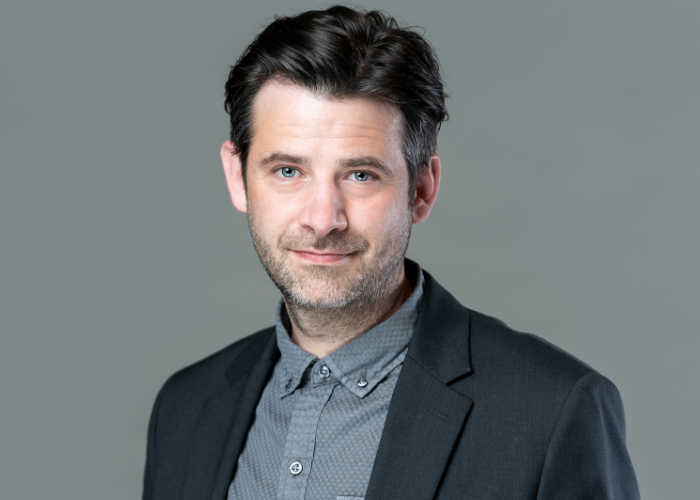
In a new study, a team led by Dr. Dean Regier, Senior Scientist in Cancer Control at BC Cancer and co-chair of the MOHCCN Health Technology Assessment Working Group, conducted focus groups with individuals with lived and living experience with cancer to understand their values, expectations, and concerns for enhanced data sharing. Their results, which are guiding the development of secure data sharing platforms for precision oncology, are published in the journal JCO Precision Oncology in a research article entitled “I just assumed this was already being done”: Canadian patient preferences for enhanced data sharing for precision oncology.
A common theme throughout these focus groups was strong patient support for enhanced data sharing capacity and expedited researcher access to precision oncology data.
“Institutions are understandably risk-averse when it comes to sharing patient-level data,” says Dr. Regier. “But the participants in our study remind us that we need to find a balance between sharing and security – and this is consistent with what we heard from patients who want to participate in research.”
Dr. Regier goes on to highlight that “solutions to privacy-preserving data sharing, including federated learning that allows analysis on siloed data, are crucial to the future of learning healthcare systems.”
The qualitative study found that participants preferred increasing data sharing across jurisdictions and recognized that this could have significant impacts not only on their own treatment opportunities but also on future cancer patients’ quality of care.
“[I]t's the realization that I'm helping people and that it actually might benefit me down the road. This is how we make progress with cancer control is having solid research behind us and if sharing data does that, that's all I need for incentives,” said one of the participants.
The focus groups also featured discussions about the value of patient involvement throughout the research trajectory, with participants expressing interest in for example having patients involved in the development of data sharing consent forms and agreements. For example, one of the participants stated that “[h]aving patient voice involvement in a consent process, in a writing up of a consent process, and then saying at the end this consent page or document was done in conjunction with patient voice, for me, would make me feel like there was just another level of care and concern brought from minute one”.
Participants underscored the importance of dynamic and nimble consent frameworks that are responsive to individual risk tolerance. They also raised the importance of providing research participants the option to be notified about how their data are used and insights gained from research studies using their data.
“Developing data sharing platforms and consent and governance structures that are guided directly by patient input will help foster trust in bio-innovation and patient willingness to participate in data sharing initiatives,” says lead author Dr. Samantha Pollard. “Of course, the overarching goal of faster and more comprehensive data sharing and access is to generate timely evidence that will improve the health and wellbeing of patients across Canada.”
The authors stress that ongoing efforts to improve cross-jurisdictional data sharing present an opportunity to seek patient and public input and establish trusted oversight practices that reflect patient priorities and concerns.
This article has been adapted from its original version. Read the Marathon of Hope Cancer Centres Network article here.